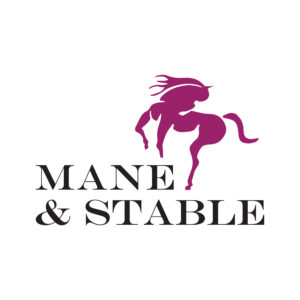Developing a profound connection with your horse is about much more than mastering riding techniques or training exercises. It’s about truly understanding your equine partner – their language, their instincts, and their unique way of being in the world.
🦄Learn Your Horse’s Language
Horses are highly intuitive beings that communicate primarily through body language and energetic cues. By learning to read and interpret your horses subtle and unique signals, you can gain invaluable insights into your horse’s emotions, intentions, and overall well-being.
It’s not just about the obvious body signals like the ears, nostrils, tail! Pay attention to shifts in muscle tension or changes in breathing patterns, which can indicate an array of meanings when read in conjunction with the more obvious body signals.
🦄Understand How Your Horse Responds To Pressure and Relaxation
Horses are prey animals, hard-wired to respond to pressure with a fight-or-flight mentality. Using horsemanship principles , we learn to work with this instinct rather than against it, using the principles of pressure and release to communicate effectively with horses.
The secret to your horse wanting to be with you and learn what you are teaching is in the timing of the release.
When you can make the release about an appreciation for a try, even the tiniest try that is heading in the right direction.
Your horse will be not only open to keep trying, but to relax when trying instead of holding tension. We don’t want the release to become more about a release of tension instead of learning.
🦄Understand ‘Who’ Your Horse Is and How They Exist in the World
Every horse is a unique individual with their own personality, preferences, and way of perceiving the world around them. Truly connecting with your horse means taking the time to understand their intrinsic nature – their likes, dislikes, fears, and motivations.
A simple way to start is to observe your horse in his paddock with his buddies.
Watch how he interacts with others, his attitude, the way he communicates and the way he relaxes.
For a deeper dive observe your horse’s behavior in various situations and environments. How do they respond to novel stimuli or changes in their routine? What seems to bring them joy or cause them stress? By attuning yourself to your horse’s individual quirks and tendencies, you can adapt your approach to better suit their needs and create a more harmonious partnership.
Horses are highly perceptive beings, and they can sense our intentions and emotional states. The responsibility stops with us!
By cultivating self-awareness and approaching your interactions with patience, empathy, and an open mind, you’ll create an environment conducive to trust, mutual respect, and a deeper understanding between you and your horse.
Grooming your horse is a great way to tune in and connect and give a feel good experience before your horse gives to you when riding.💗
